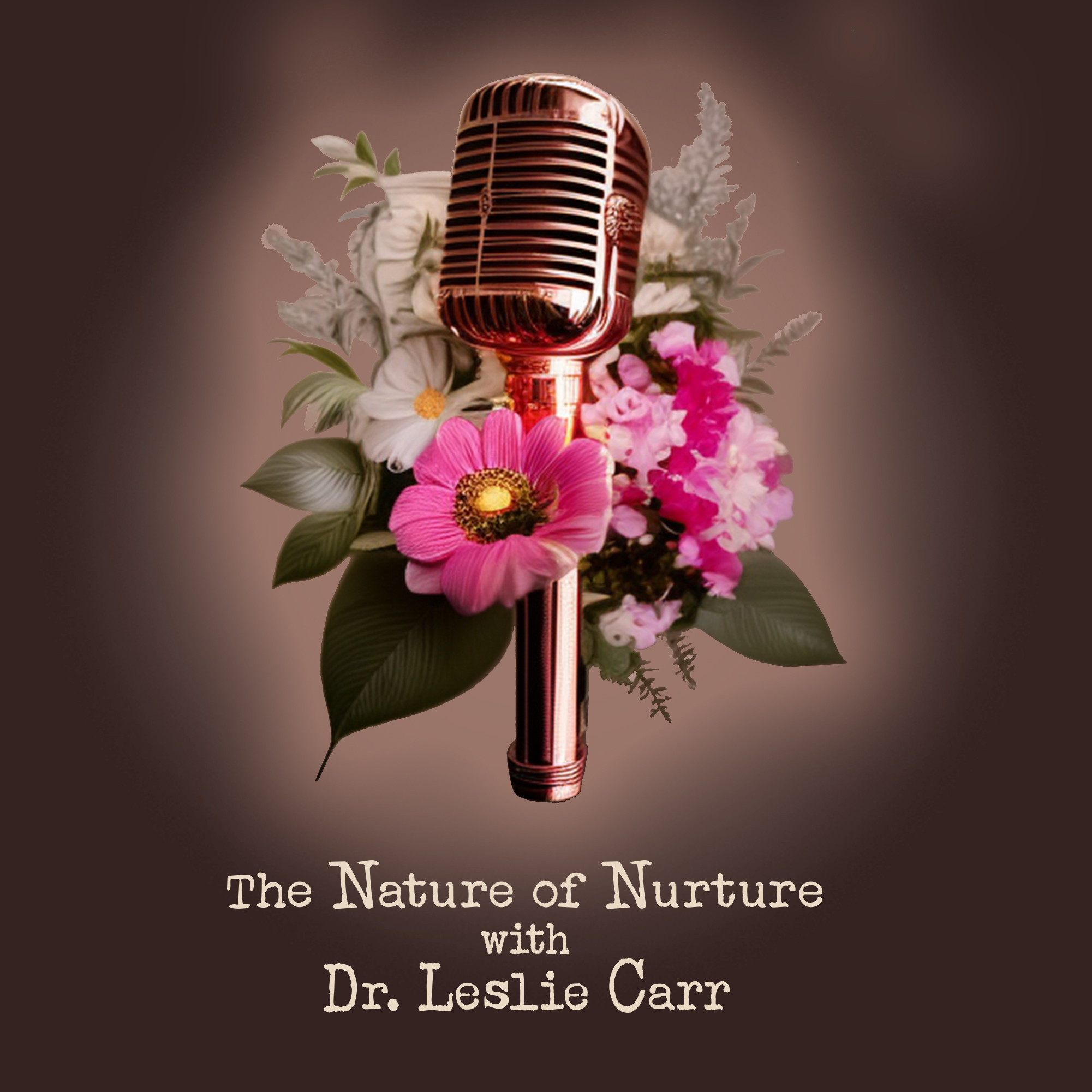When Lissa Rankin first told me that she was writing a book about the impact that our thoughts, feelings, and beliefs can have on our physical health, I was enthralled. Million of neurons began to fire while I recalled what I’ve learned about this subject, and I felt like my brain had been set on fire.
I hope that doesn’t sound too dramatic.
Well I just finished reading the book and I need to tell you: the woman delivers. The information that she covers here is not only vitally important, but it’s also very true.
While no one, to my knowledge, has ever synthesized the material in quite this way before, in many ways I wasn’t surprised by much of what I read. The mind-body connection is a hot topic in psychology, mostly because it’s fairly common for some people to experience their emotions in physical ways (what feels like stomach ache, for example, can actually be a manifestation of anxiety), and in the field of mental health we refer to this as “somaticizing.” What many people don’t realize, however, is that the entire concept of psychotherapy was created because of this phenomenon.
Let me give you some background:
Sigmund Freud (a controversial figure to be sure, but nonetheless the father of psychotherapy and a key figure in the field of psychology) was working in Vienna as a neurologist around the turn of the last century when he began to see patients who had physical symptoms which could not be explained by medical science. Many of these people (most of whom were young women) had body parts that were paralyzed, but the symptoms came on without incident and presented in an extremely unusual way. A young woman would have a paralyzed hand, for example, when there was nothing wrong with the rest of her arm. Symptoms like this defied reason and medical understanding.
Unable to find a way to help these patients when there was no other known cure, Freud decided to try something radical. He asked the women personal questions and encouraged them to talk about their inner emotional lives (talking about feelings wasn’t common in European culture at this point in history), and something miraculous happened. In many if not most instances the symptoms would disappear.
What Freud found was that the symptoms were not only psychogenic (which is to say created entirely by the mind), but that they were also symbolic: someone who was paralyzed from the waste down (for example) often talked about feelings of powerlessness elsewhere in life. When given the opportunity to talk about how they felt with someone who listened and whom they perceived as caring, the physical symptoms would dissipate.
This condition came to be known as hysteria, and it’s what put Freud on the map professionally. It also gave birth to modern day psychotherapy: Freud called it the talking cure***
Now, if that isn’t an argument for the benefits of psychotherapy, I don’t know what is, but I’m not here today to talk about therapy. I’m here to talk about Mind Over Medicine — a book that I simply cannot recommend highly enough.
It is irrefutably true that our thoughts, feelings, and beliefs affect our physical health, and the sheer amount of data that Lissa has compiled on this subject is astounding – but the true power of this book, in my opinion, lay not in the data, but in the potential for people to finally understand the crucial role that our inner worlds play in our overall quality of life. Historically when we’ve thought of something as being “in our heads,” or psychological in nature, we’ve had a tendency to either write it off as inconsequential or to be overwhelmed by it, because our emotional lives feel harder to address or to treat, but my hope is that this book will help people to feel differently. It’s not just the quality of our thoughts that matter (both consciousand unconscious), it’s the depth of our relationships, the way that we work and respond to stress, and the feelings that we feel tempted to repress or deny. We simply can’t continue to dismiss our psychological selves as if they don’t matter, because the verdict is in: doing so can cost us our health.
***If it seems strange that this condition (hysteria) would be so prevalent in Europe 100 years ago when we don’t often see it today, there are a few explanations for this. First, it’s true that there are fewer incidences of it in the modern age, but it does still exist, and we now call it “Conversion Disorder.” Second, most mental illnesses are highly contextualized in history and culture. Anorexia, for example, is an extremely prevalent condition today in the United States, but it’s a problem which is deeply embedded in a society that values a certain body type for women. Similarly, hysteria was common in Freud’s day because the culture was extremely emotionally repressed; without a way to talk about our feelings they have an uncanny way of “coming out the back door.”


















